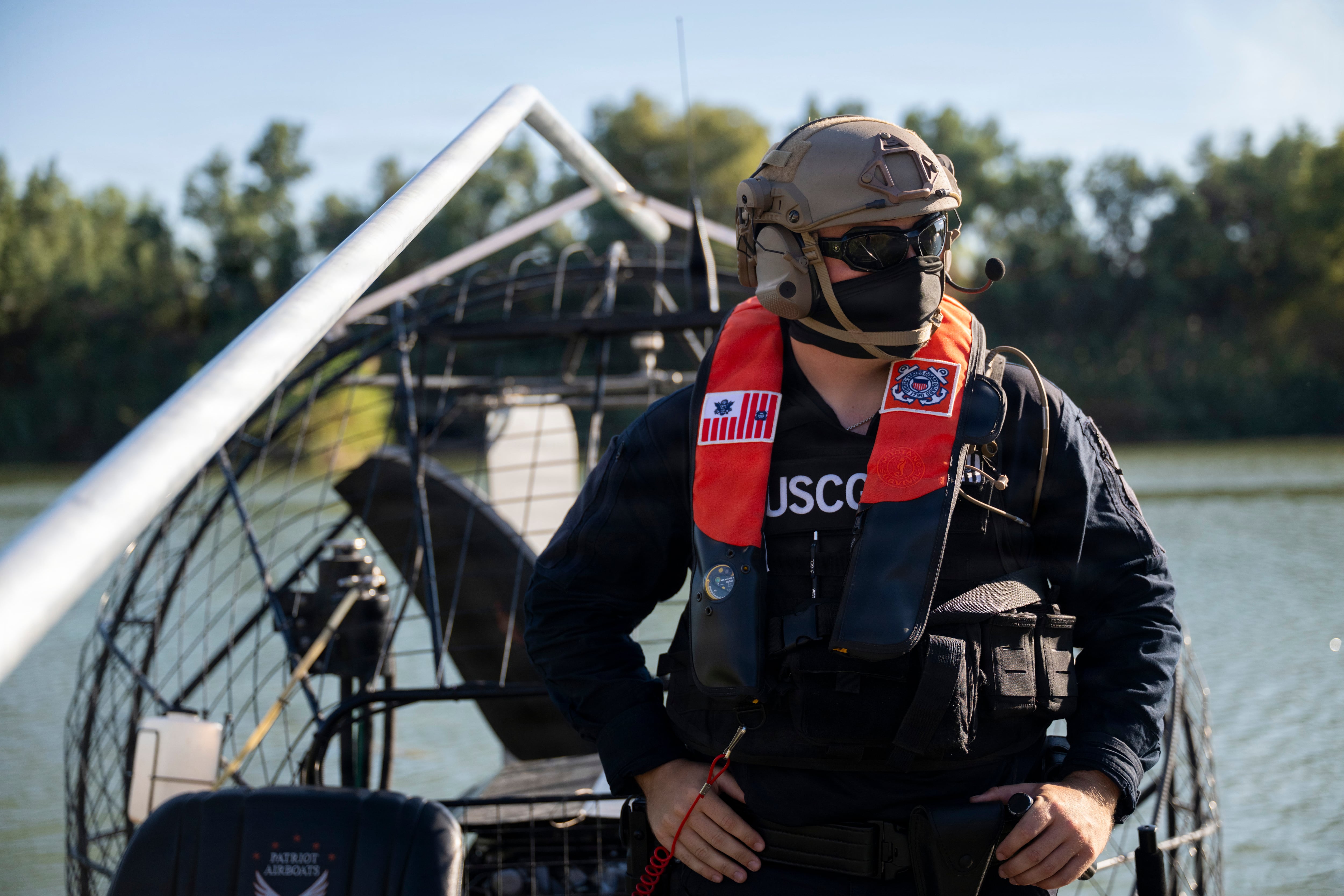Navy Cmdr. Jesus “Manny” Cordero-Vila was at the helm of Naval Computer and Telecommunications Station Sicily for only about nine months.
But in that time, the CO allegedly forced his subordinates to write his fitness reports, outlawed the mention of his predecessor’s name, provoked a panic attack in his secretary, tried to “voluntell” sailors into community service projects and seemed to harbor little knowledge about the basics of his command’s cyber mission, according to an internal investigation obtained by Navy Times.
Cordero took command of the Italy-based unit in January 2018 and was relieved in September of that year.
A complaint to the Inspector General sparked a probe, which revealed that shortly after he arrived in Italy his leadership style began to bother multiple members of the command, which provides communications for personnel in Africa, the Middle East and Europe.
A redacted copy of the investigation’s report was provided to Navy Times following a Freedom of Information Act request.
RELATED
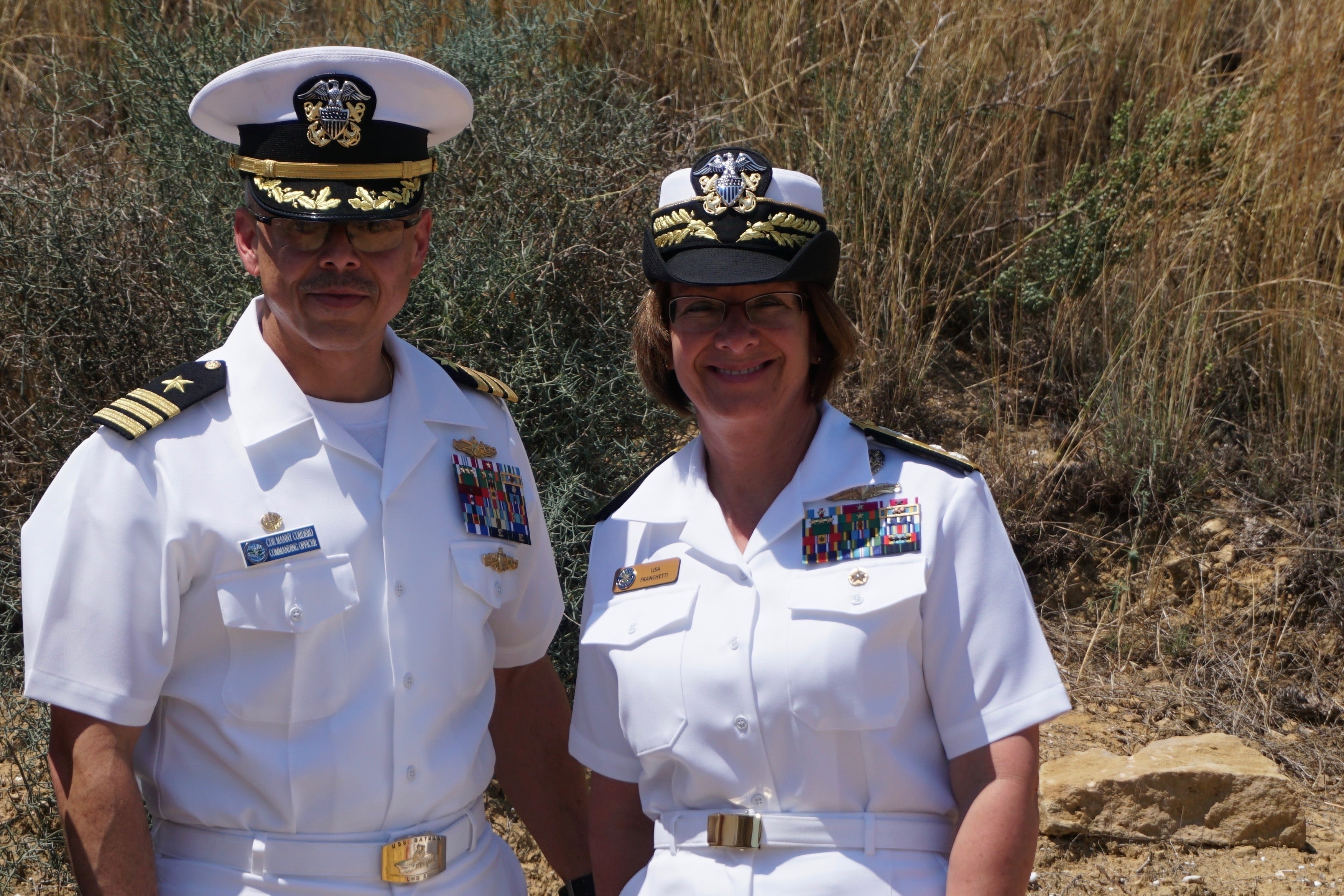
The assignment came late in Cordero’s career, but the prior-enlisted information professional officer from Puerto Rico had no previous command or executive officer experience, according to the report.
His XO was a meteorology and oceanography officer and his command master chief had been a master-at-arms “with no communications experience,” it noted.
Except for Cordero, officials cloaked all identities in the report provided to Navy Times, even the name of its author. But it reveals that this officer was troubled by Cordero’s “disturbing lack of candor” when faced with the allegations made by some of his sailors.
“He adamantly denied all wrongdoing, even low-level infractions that were corroborated by numerous witnesses, and in one case, by the other two members of (the unit’s leadership),” the investigator wrote.
In a Sept. 27, 2018, letter informing Cordero of his relief, Navy Fleet Cyber Command head Vice Adm. Timothy White chastised him for this alleged evasiveness.
“Perhaps most disappointing was your unwillingness to take responsibility for even the smallest of indiscretions, as well as repeated, vigorous and obvious false statements, severely compromising your integrity and judgement as a leader,” White wrote.
Now stationed in Maryland, multiple attempts by Navy Times to get Cordero’s side of the story through telephone calls, emails and text messages were unsuccessful.
Requests for comment sent through Navy public affairs officials also went unanswered.
U.S. Fleet Cyber Command spokesman Cmdr. David Benham declined to say whether Cordero was disciplined in the wake of the report.
RELATED
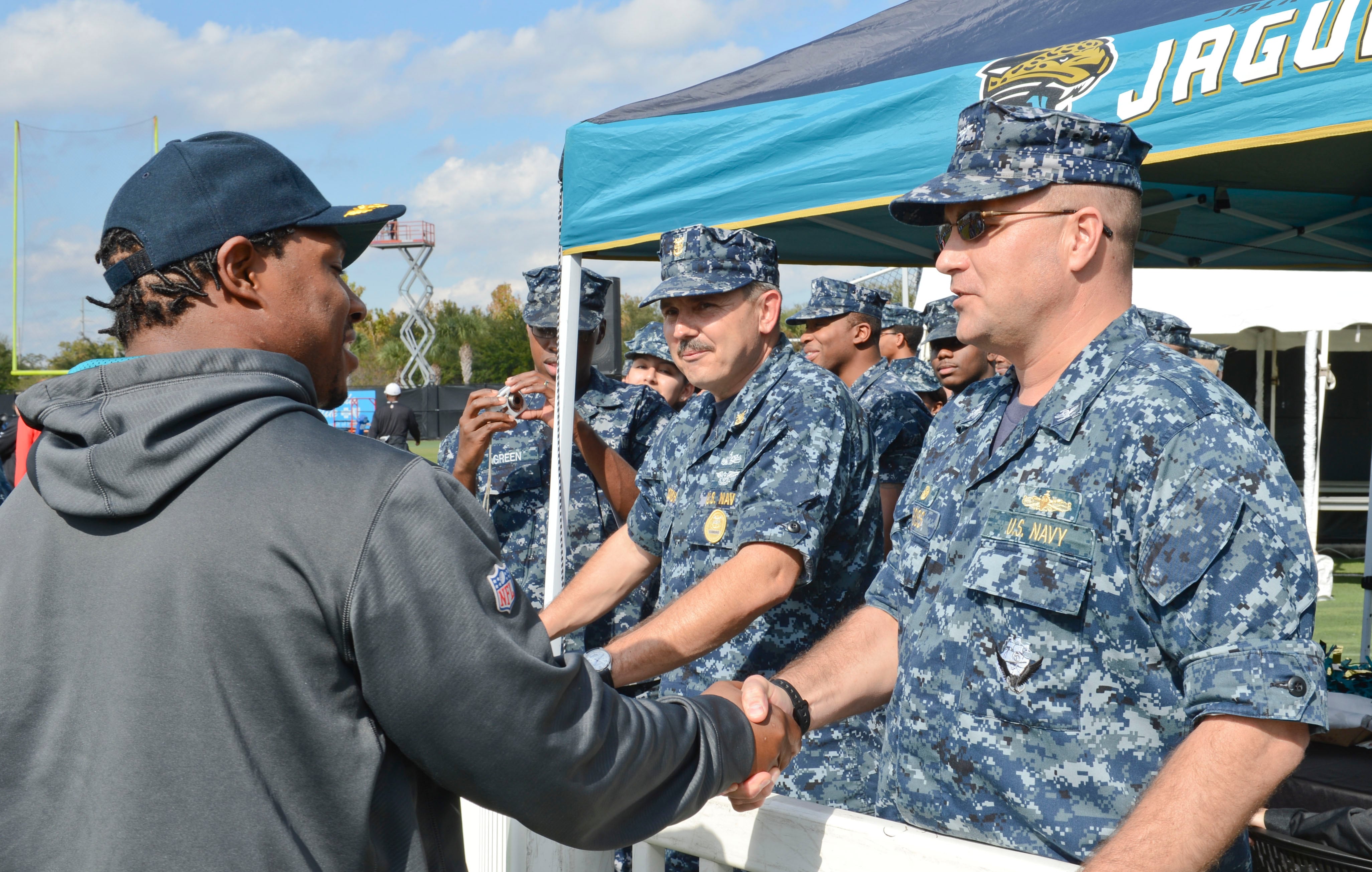
A few months into his tour, Cordero forced junior personnel to write his FITREP after he missed a March 2018 deadline to send bullet points on his performance to superiors, the investigation found.
“He had others write his FITREP bullets,” said one unnamed senior chief in the report. “Officers and chiefs had to submit bullets.”
A copy of the XO’s email beseeching department heads to help their CO with his FITREP is included in the report.
“The XO’s email directed input in the form of personalized bullets for CDR Cordero’s FITREP, formatted as if he had written them,” then signed off on it and it was routed up the chain of command, the investigator wrote.
He later denied having subordinates write his FITREP.
“Did you ever ask or task subordinates to write your FITREP?” the investigator asked.
“(Laughing) No! Absolutely not,” Cordero said in an interview transcript. “Oh my god no. (Laughing) absolutely not.”
RELATED

While some subordinates praised Cordero for trying to connect with junior enlisted sailors, his habit of handing out so-called “spot” Navy and Marine Corps Achievement Medals, or NAMs, troubled other members of this leadership team, according to the investigation.
A month after arriving, Cordero began awarding spot NAMs to the unit’s sailors “but did not consult with the awardee’s chain of command,” personnel told investigators.
These decorations generally are bestowed on sailors to recognize specific acts or a series of meritorious achievements, but in one instance a sailor who had just been verbally counseled for performance issues was given a spot NAM.
The sailor’s department head did not support the practice of awarding spot NAMs and other officers and chiefs also raised concerns about it, the investigator wrote.
“He was handing out NAMs like cookies,” the senior chief said. “The chain of command was not consulted and we would have to go back and sign the paperwork after the fact.”
A “running joke” among the chiefs’ mess was that Cordero was buttering up sailors before the command climate survey.
With 31 years in uniform, Cordero is highly decorated, with awards that include a Defense Meritorious Service Medal, two Meritorious Service Medals, a Joint Service Commendation Medal, four Navy and Marine Corps Commendation Medals and seven NAMs, according to his military records.
He’s also authorized to wear the Enlisted Seabee Combat Warfare Specialist, something he earned at the beginning of a career that included stints at sea on the Spruance-class destroyer Arthur W Radford, the minesweeper Devastator, the guided-missile frigate Halyburton and the amphibious assault ship Bataan.
RELATED
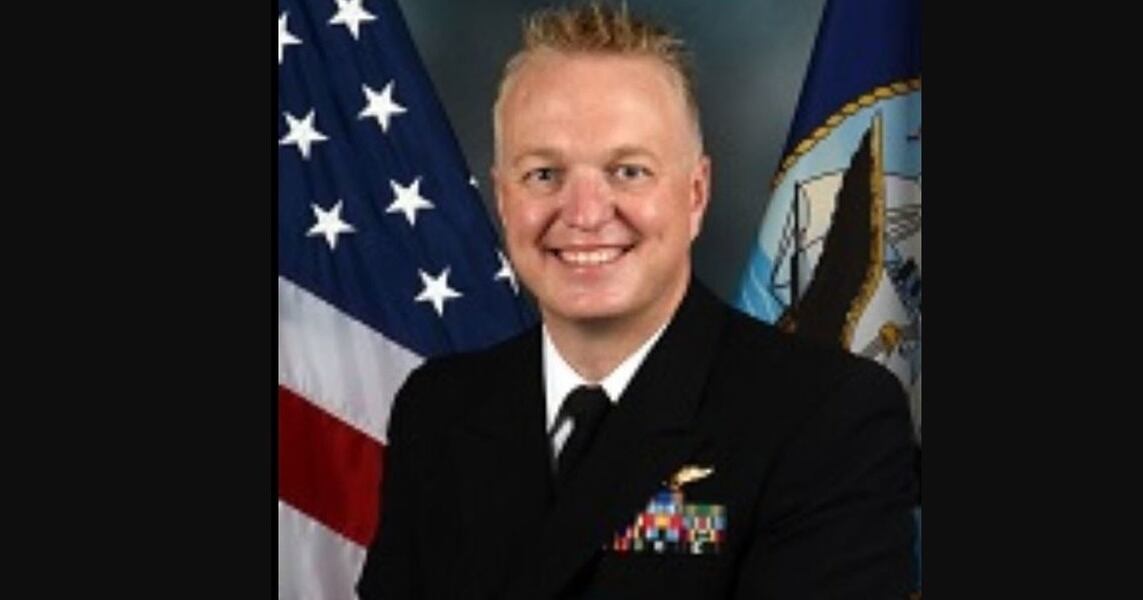
Several sailors reported that Cordero derided his predecessor, Capt. Donald Hocutt.
“Sailors were ordered not to say CAPT Hocutt’s name,” the investigator wrote.
“CDR Cordero often became upset when CAPT Hocutt’s name was mentioned,” one sailor recalled.
Another sailor “stated he also heard CDR Cordero say that CAPT Hocutt was not a good sponsor, that he (CDR Cordero) was sent to fix problems caused by CAPT Hocutt, and that CDR Cordero did not want to ‘hear about (expletive) CAPT Hocutt again,’” the report states.
“I don’t give a (expletive) how CAPT Hocutt did it, do it this way,” the senior chief recalled Cordero saying.
Cordero denied making those statements.
“Why would I say that?” Cordero asked. “That makes absolutely no sense. CAPT Hocutt is a great friend of mine.”
After the probe began, Cordero expounded on loyalty during an unrelated all-hands call, according to the report.
“If you’re going outside…you’re not being a team member, you’re being selfish,” one sailor recalled Cordero saying. “Don’t bring up stuff outside the Chain of Command.”
RELATED
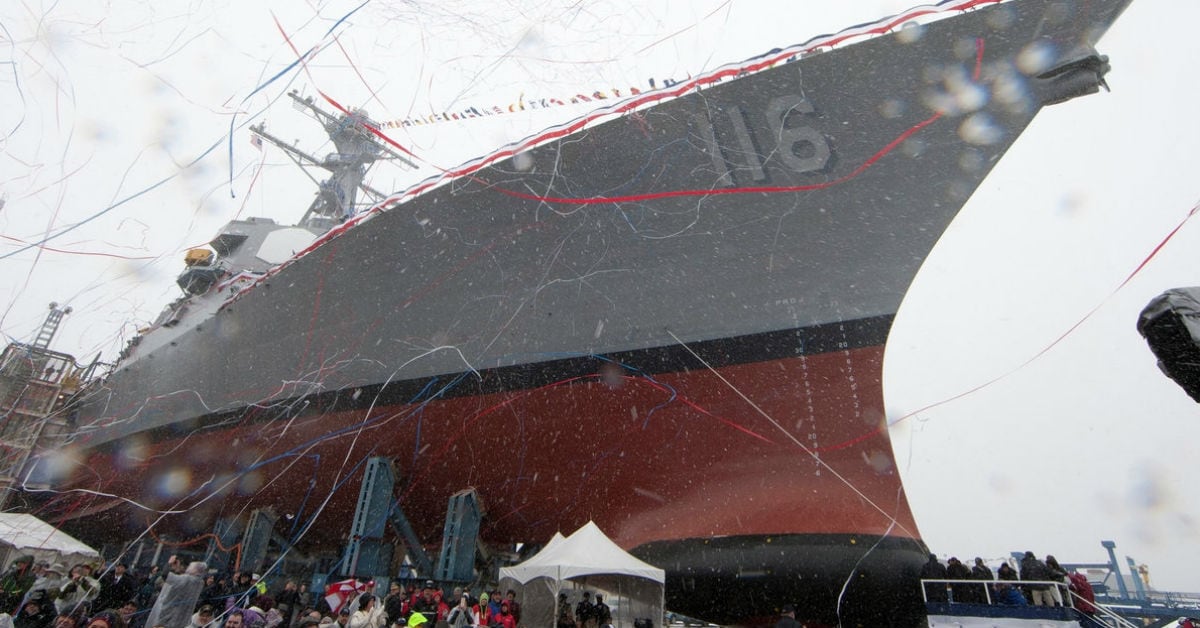
Cordero’s secretary allegedly became "stressed out, crying, and having panic attacks” over the CO’s treatment, according to the report.
Cordero “got angry if she was absent from her desk for even a small period of time,” the report states.
“I couldn’t go to the head without the CO freaking out,” the secretary told the investigator.
“I couldn’t go out of the office for more than two minutes without this happening. I had to let the CO and the Admin (lead petty officer) know if I was going to the head. I had to actually ask to go to the head.”
The report indicated that when the “secretary went to urinalysis, the CO was yelling from his officer for her."
One chief reported that while she was pregnant, Cordero made comments to her about how women “can bounce back” from pregnancy and spoke of a Japanese woman he knew with seven kids who still had a “gorgeous body.”
“While the CO was saying all of this to me there are three sailors waiting in the (passageway),” the chief told investigators. “I checked and one of them had heard the CO’s remarks to me. I don’t feel harassed, but I told the CMC that the CO needs to be careful of what he says.”
RELATED
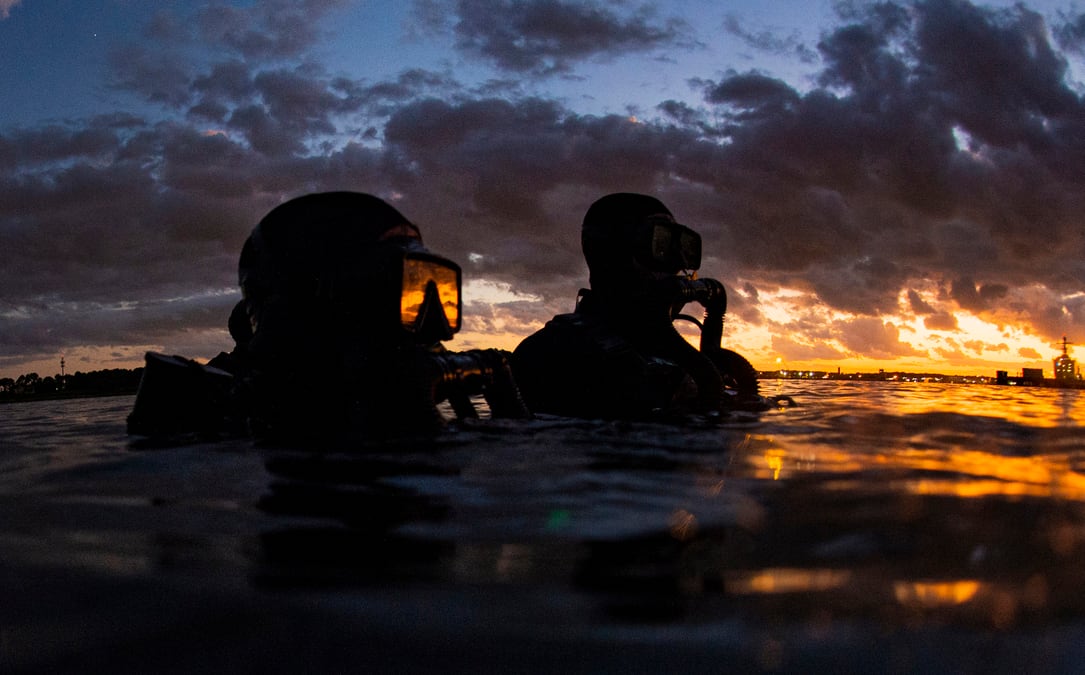
Cordero told NCTS Sicily sailors that then-Vice Adm. Michael Gilday, his boss at Fleet Cyber Command, urged him to improve relations with the Italians.
Cordero began placing an emphasis on community relations —COMREL — sometimes at the expense of the unit’s mission, according to the investigation.
One effort to beautify a local school met with hesitance by some sailors, who described the facility as “chaotic” and unsafe.
“Children were disregarding their teachers, misbehaving, fighting, and making lewd sexual remarks,” the report states.
Many sailors were uncomfortable with the campus and did not volunteer for future projects there.
This displeased Cordero, who had spent his own money on paint and other supplies for COMREL events, according to the investigation.
“Voluntell them or I will!” Cordero warned his department heads, the senior chief recalled.
The senior chief said he told the command master chief that “voluntelling” sailors to attend COMREL events “was highly inappropriate.”
“He stated to me that it was fine,” the senior chief added.
Cordero later changed his tone, asking staffers to “highly encourage volunteers,” according to the report.
At one point, the unit’s administration department was ordered shut down “for an entire day in order to provide personnel for a COMREL,” the investigation indicates, but that’s not how Cordero remembered it.
“CDR Cordero denied that the number of COMREL volunteers was discussed at a (department head) meeting, denied being aware of a shortage of volunteers, and denied that the XO ordered the Admin Department shut down,” the investigator wrote.
Now a four-star admiral, Gilday became the 32nd Chief of Naval Operations on Aug. 22.
RELATED
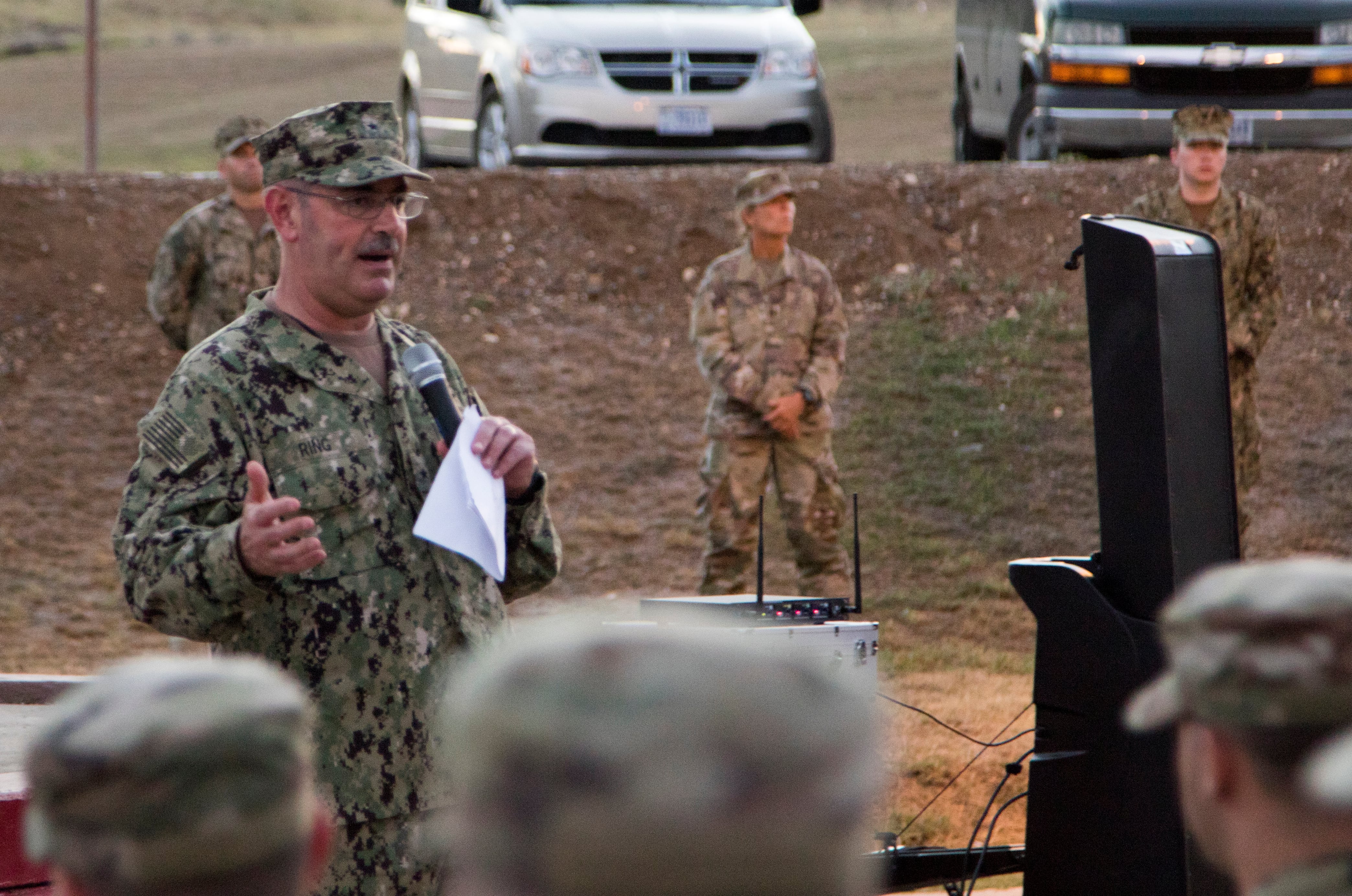
Some sailors reported that Cordero seemed clueless about what his unit actually did and kept such a busy schedule that he often arrived “chronically late" to meetings, according to the report.
“Command leadership described CDR Cordero as forgetting what he was just told and needing information repeated multiple times,” the report states.
Often a target of Cordero’s criticism, the command’s operations officer reported that he often didn’t see his boss on the military’s internet network for classified information — the Secret Internet Protocol Router Network, or SIPRNet.
At one point, Cordero’s SIPRNET account was deactivated, and other leaders in the Navy’s cyber chain of command asked the unit’s junior officers why “they can’t find the CO in the global.”
“The Operations Officer stated that he does not think CDR Cordero has an understanding of the Command’s operations, which requires additional work to prepare CDR Cordero (creation of pages of notes) for events,” the investigator wrote.
“The impression is that CDR Cordero needs someone present with him on (video teleconference) calls.”
Another complaint alleged that Cordero failed to understand even basic systems such as the “Combat Survivor/Evader Locator,” which is used to help find and rescue troops.
“You couldn’t get a simpler system,” the ops officer said.
RELATED
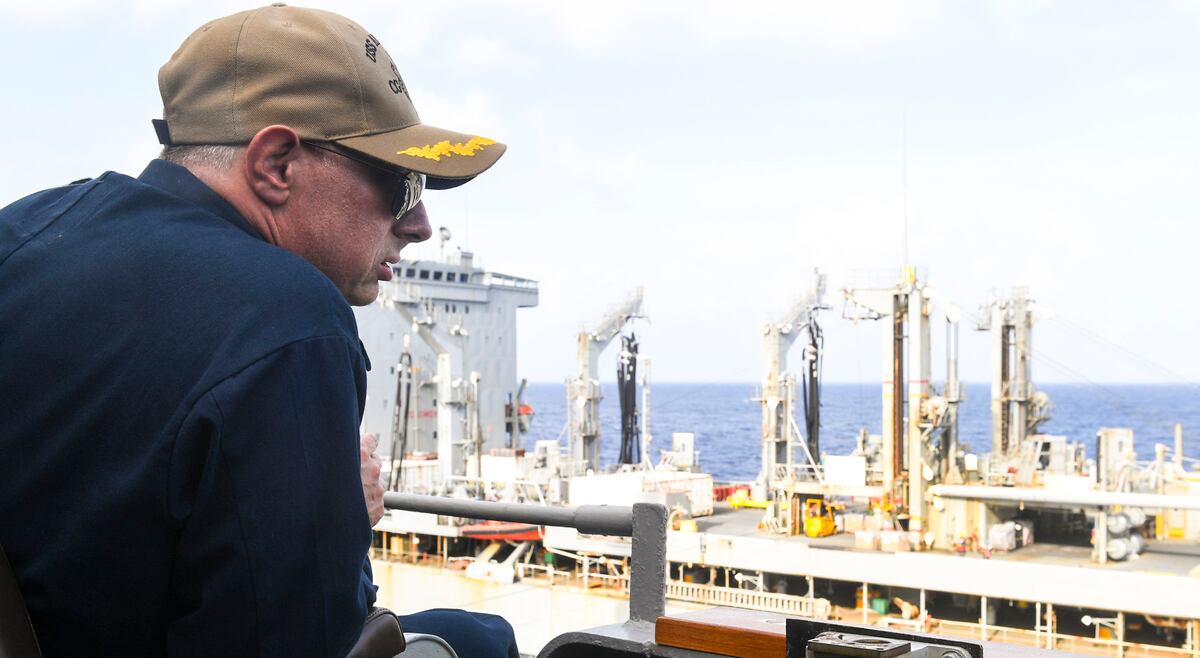
While some sailors found Cordero’s energy level to be motivating, others considered it intimidating, according to the report.
“The CO is described as wanting things ASAP, without distinction,” the report states. “Everything is a priority.”
“The CO brags that he only sleeps 3 hours a night,” one sailor told investigators. “I feel that this may be affecting his cognitive responses.”
In a summarized transcript of Cordero’s interview with the investigator, he expressed “complete shock” at the complaints against him, especially because his command maintained “the atmosphere of a family environment.”
“How fortunate we are to be here, it feels like a dream, I’m the luckiest man alive, all the feedback I get from everybody is extremely positive," he said.
“This is the greatest job.”
Geoff is the managing editor of Military Times, but he still loves writing stories. He covered Iraq and Afghanistan extensively and was a reporter at the Chicago Tribune. He welcomes any and all kinds of tips at geoffz@militarytimes.com.

